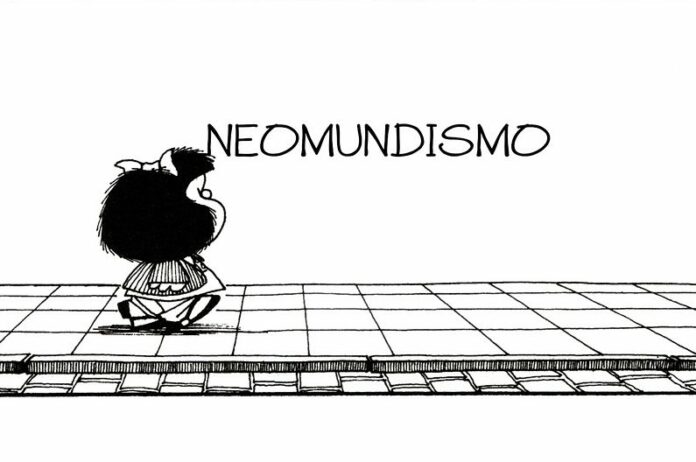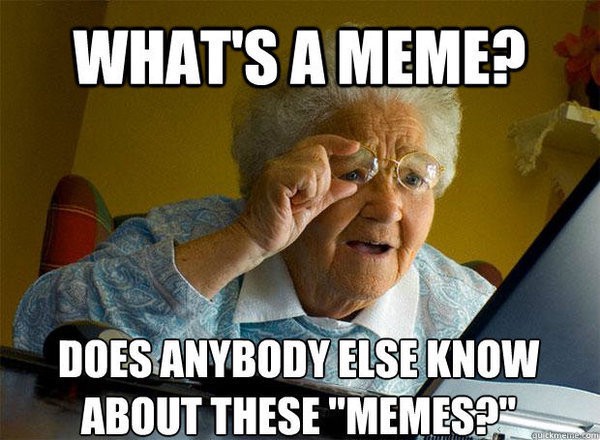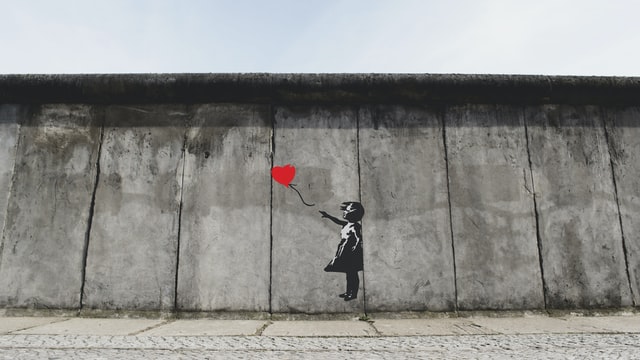By Evi Tsakali,
Recently, I discovered and completed a very interesting MOOC (because what is better during these uncertain times than adding a MOOC to your schedule?) funded by the European Union under the project Global Education Goes Local. The course is titled “Global Education goes POP” and it gives a completely new aspect to the educational procedure, proving that pop culture can not only be a part of global education but also serve it as one of its tools. Therefore, I am writing this article not as a guide, but as an open letter to everyone working in the education sector and dealing with children and teenagers: you can go pop!
First of all, what is pop culture?
Popular culture, pop culture for short, generally refers to the dominant or prevalent traditions and aspects of material culture in a certain society. In modern western countries, the term is used to describe various cultural products (movies, music, art, television and more) that the majority of the population regularly consumes, and young people are not an exception. For that reason, teachers should not shy away from the mainstream as being superficial or consumerist and instead take it into advantage in order to facilitate the educational process.
Meme it!
Everyone loves memes. But who knew they could also in developing our critical thinking and discussion skills? To put them into use at first brainstorm with your students: ask them what they think notions such as “stereotypes” and “sexism” mean. You can define the terms together with them at the end of the brainstorming. Then ask the students to make their own memes, where they will write something about the different genders (in the case of “stereotypes” and “sexism”). These could be things they have heard or read somewhere or they could make their own sentences. Have a discussion with them about their opinion, about what they see, and about how they decided to choose the pictures/ images and the text for their memes.
Comics
Comics can be a powerful tool to express ideas through images combined with text. Students can use classic characters or create and develop their own. Comics can break down abstract and complex concepts through the use of images, as well as through metaphors. Depending on the age of the students you could adjust the activity accordingly: you could, for example, ask them to leave the end of the comics open with an unsolved problem (of social or political nature for instance), and invite the rest of the group to find a solution of the problem by exploring different options. You can also ask them to identify the different stakeholders and what kind of needs they have. After that they are divided in groups and each group makes a comic connected to the needs of the different stakeholders, then the comics are presented and the discussion is about how to solve the problem taking all needs into consideration. You should make sure that the participants understand the difference between needs and wants.
Sing!
A catchy pop song may contain underlying lyrics that essentially allude to sexism, violence, objectification of women, and many other aspects that are highly degrading. It is via such songs that a teacher is able to critically analyse gender stereotypes in pop culture, confront students with the realities of gender stereotypes and sexism, and finally promote solidarity, equality and respect. A potential activity in class can be simple and fun: first of all, select pop songs with lyrics that are disrespectful towards men or women and/or that promote sexism. Read the lyrics (or part of them) to your students as if it were a story, then ask them where they think it comes from. You can ask the students to split in groups and rewrite the lyrics so that they are no longer disrespectful, harmful and humiliating. In addition, you could ask the participants to search for songs that promote gender equality, women empowerment and women participation and discuss those lyrics.
In such an activity, students will explore street art from various cities around the world and explore their messages and social context. What can we learn about a community or a city by looking at its urban art? Asking questions about the images of street art will help participants develop critical thinking skills. After that, divide your students in groups, hand each group a photo and ask them to stick it in the centre of a large paper. You could also add photos that are publicly available through Instagram, using hashtags such as #streetart or #urbanart or #murals etc. Ask each group to carefully look at their photo and describe what they see. Where do they think it is? What might be the social context of the city? Then ask each group to draw a compass rose around the photo and think of questions for each section (Nature/Society – Social context/Economy – Financial Implications/Who decides – Power relations, political agendas etc). Encourage participants to come up with as many questions about the photo as possible.
These are only some ways a teacher can use elements of pop culture in order to make their lesson more engaging. However, imagination has no limits, and if you are interested enough you can get creative with your own teaching methods but, the most important of all is to listen to your students.
References
- What is Pop Culture? World Atlas, Available here
- Youth-Mooc: online courses for educators (for the MOOC mentioned in the article). Available here






